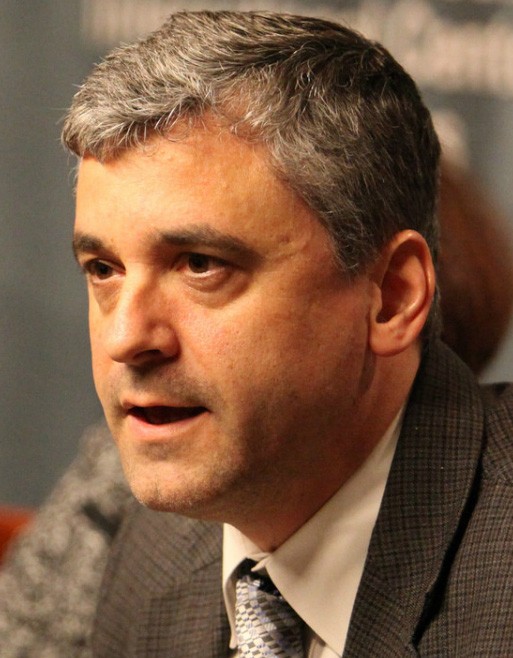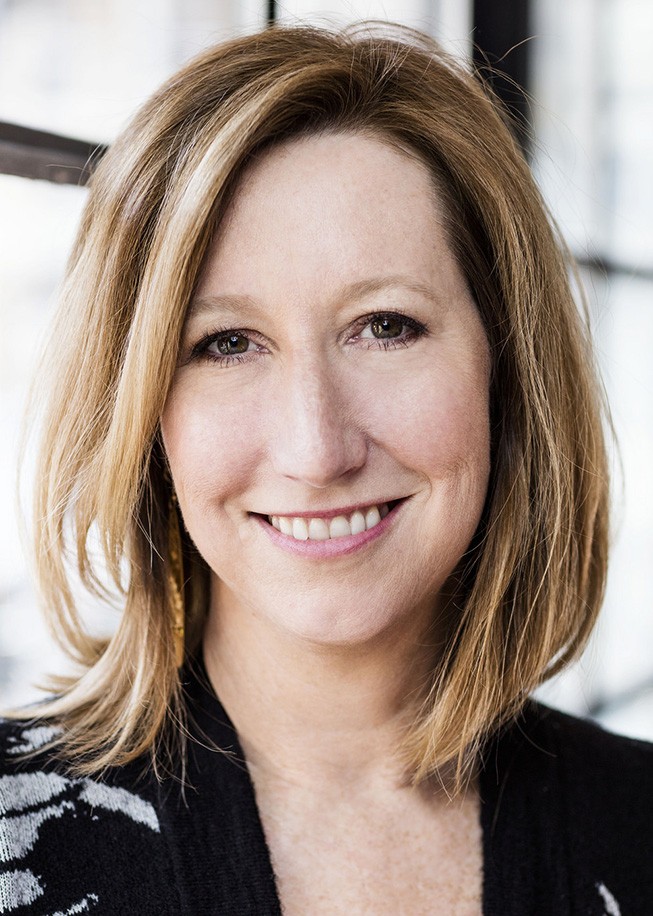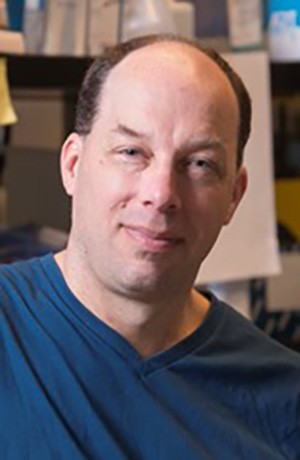Levitsky, Putnam, Quake elected professors-at-large
By Daniel Aloi
Political scientist Steven Levitsky, Keri Putnam of the Sundance Institute and biomedical engineer Stephen Quake have joined the ranks of leading scholars, artists and public intellectuals at Cornell as Andrew Dickson White Professors-at-Large. The newly elected professors’ terms are from July 1, 2018, to June 30, 2024.
The program, established in 1965 for Cornell’s centenary, welcomes active professors-at-large from different disciplines to the campus for extended visits twice during the six-year term, to interact with students and faculty and give a public lecture or presentation. Cornell hosts about six such visits each academic year.
Up to 20 individuals from around the globe hold the title at any one time, and they are considered full members of the faculty and lifetime members of the Cornell community. Among the 17 currently active are evolutionary biologist David Hillis, linguist John Rickford, network theorist Duncan Watts, Ph.D. ’97, and Chinese artist Xu Bing, all visiting in September; and architect Brinda Somaya, who comes to campus in October.
The three new professors-at-large were nominated, reviewed and recommended by faculty members, and the appointments were approved by President Martha E. Pollack and the Cornell Board of Trustees at their May meeting.
“It is a privilege to be able to recommend individuals of world-class stature whose residencies at Cornell invariably enliven the intellectual, political, social and artistic life of the campus and community,” said selection committee chair David Feldshuh, professor of theater in the Department of Performing and Media Arts.
Steven Levitsky, professor of government and the David Rockefeller Chair of Latin American Studies at Harvard University, was nominated by government professors Kenneth Roberts and Thomas Pepinsky. Levitsky is an Ithaca native and the author or co-author of five books, including “How Democracies Die” (2018) and “Competitive Authoritarianism: Hybrid Regimes After the Cold War” (2010).
As a scholar, his focus is on comparative study of democratic and authoritarian regimes in different regions of the world, including analysis of American democracy from historical and comparative perspectives. He also has written on informal institutions and the organization of political parties.
Levitsky’s recent work on partisan polarization and the concentration of executive powers whittling away at institutional safeguards have made him a central figure in current debates on the well-being of American democracy.
Earlier this year, the New York Times Book Review called “How Democracies Die,” written with his Harvard colleague Daniel Ziblatt, “comprehensive, enlightening, and terrifyingly timely.”
Keri Putnam was nominated by Mukti Khaire, professor of practice at Cornell Tech and the Cornell SC Johnson College of Business, and Sabine Haenni, associate professor of performing and media arts and American studies.
As executive director of the nonprofit Sundance Institute, Putnam oversees the annual Sundance Film Festival and year-round programs supporting storytelling artists from around the world creatively, financially and strategically, through labs and residencies, workshops, direct granting, strategic and educational resources, and ongoing mentorship.
Since joining Sundance in 2010, Putnam has built several new initiatives to foster outreach and diversity in independent film, including the Women at Sundance program; initiated new programs to support artists working in episodic content, new media and short forms; helped launch international festivals and labs in China, India, the United Kingdom, Morocco and other countries; and launched an expanded creative producing initiative to support finance, marketing and distribution of independent work.
Prior to joining Sundance, Putnam was president of production at Miramax Films, a division of the Walt Disney Co., for four years, and spent the first 15 years of her career at HBO.
Stephen Quake is the Lee Otterson Professor of Bioengineering and Applied Physics at Stanford University, a Howard Hughes Medical Institute investigator, and an inventor and entrepreneur. He was nominated by biomedical engineering professors Iwijn De Vlaminck and Marjolein van der Meulen.
Working at the nexus of physics, biology and biotechnology, Quake is known for new approaches to biological measurement and contributions to the fields of microfluidics and genomics, including applications of microfluidics in structural biology, single-molecule DNA sequencing, prenatal genome sequencing, noninvasive tests for heart transplant rejection, and developing approaches to sequence and analyze an individual’s immune system.
He has founded or co-founded several companies and has been co-president of BioHub since 2016.
Quake’s numerous international honors include the Raymond and Beverly Sackler International Prize in Biophysics, the Human Frontiers of Science Nakasone Prize, the 2015 Jacob and Louise Gabbay Award in Biotechnology and Medicine, and the 2012 MIT-Lemelson Prize for Innovation, a $500,000 award.
He joined the California Institute of Technology faculty at age 26 and returned to Stanford, his alma mater, in 2005 to help launch its new bioengineering department.
Cornell faculty are invited to nominate a professor-at-large for 2019 in the next call for nominations, to be initiated in mid-September. The pre-proposal deadline is Friday, Nov. 16, and full proposals are due on or before Feb. 15, 2019. For more information, contact Penelope Nichols-Dietrich, program administrator, at pn12@cornell.edu.
Media Contact
Get Cornell news delivered right to your inbox.
Subscribe



